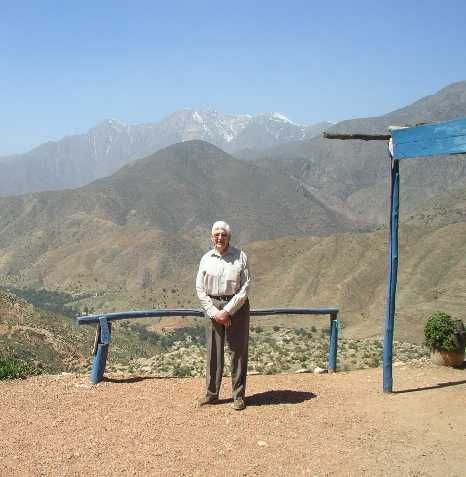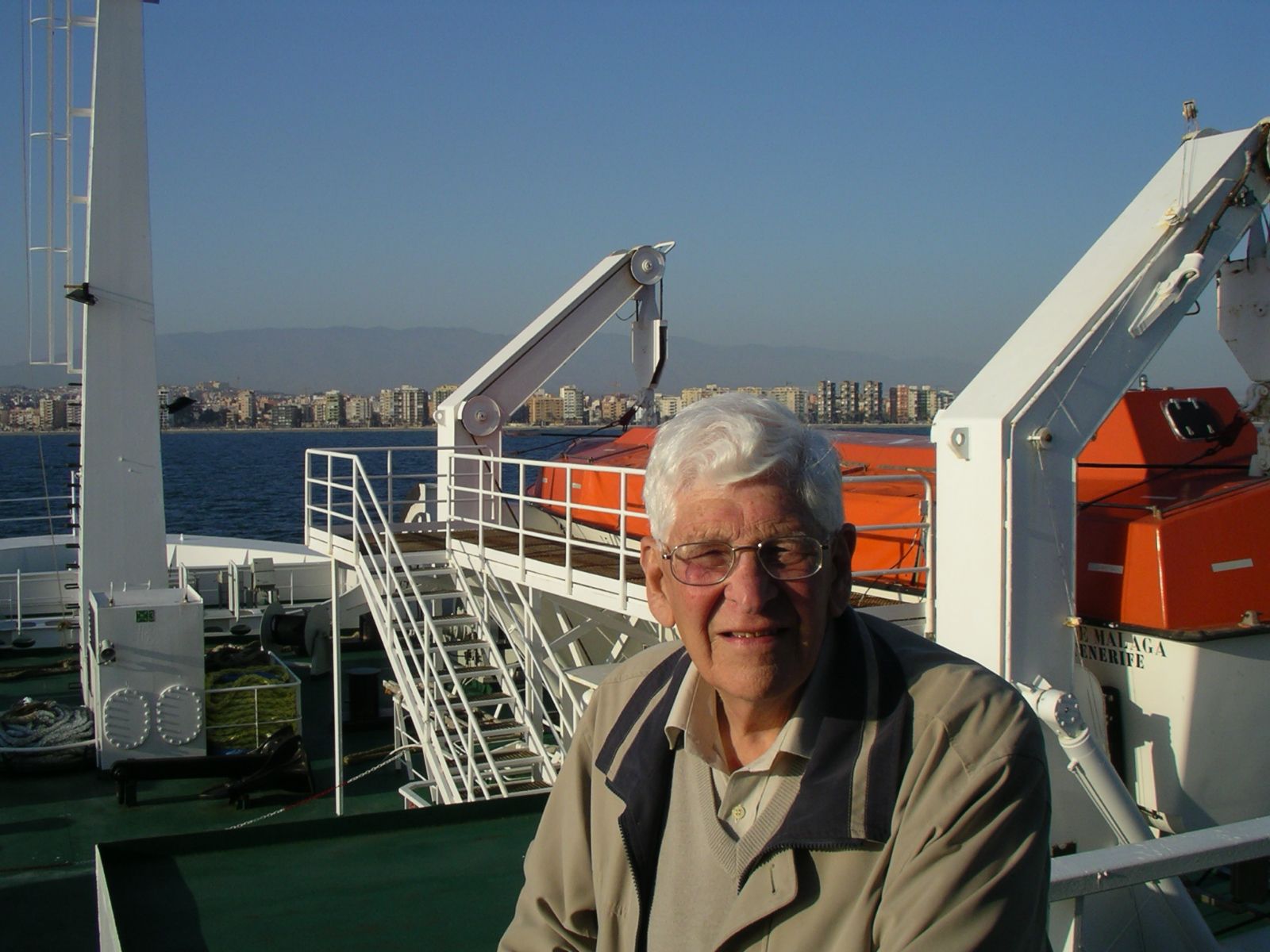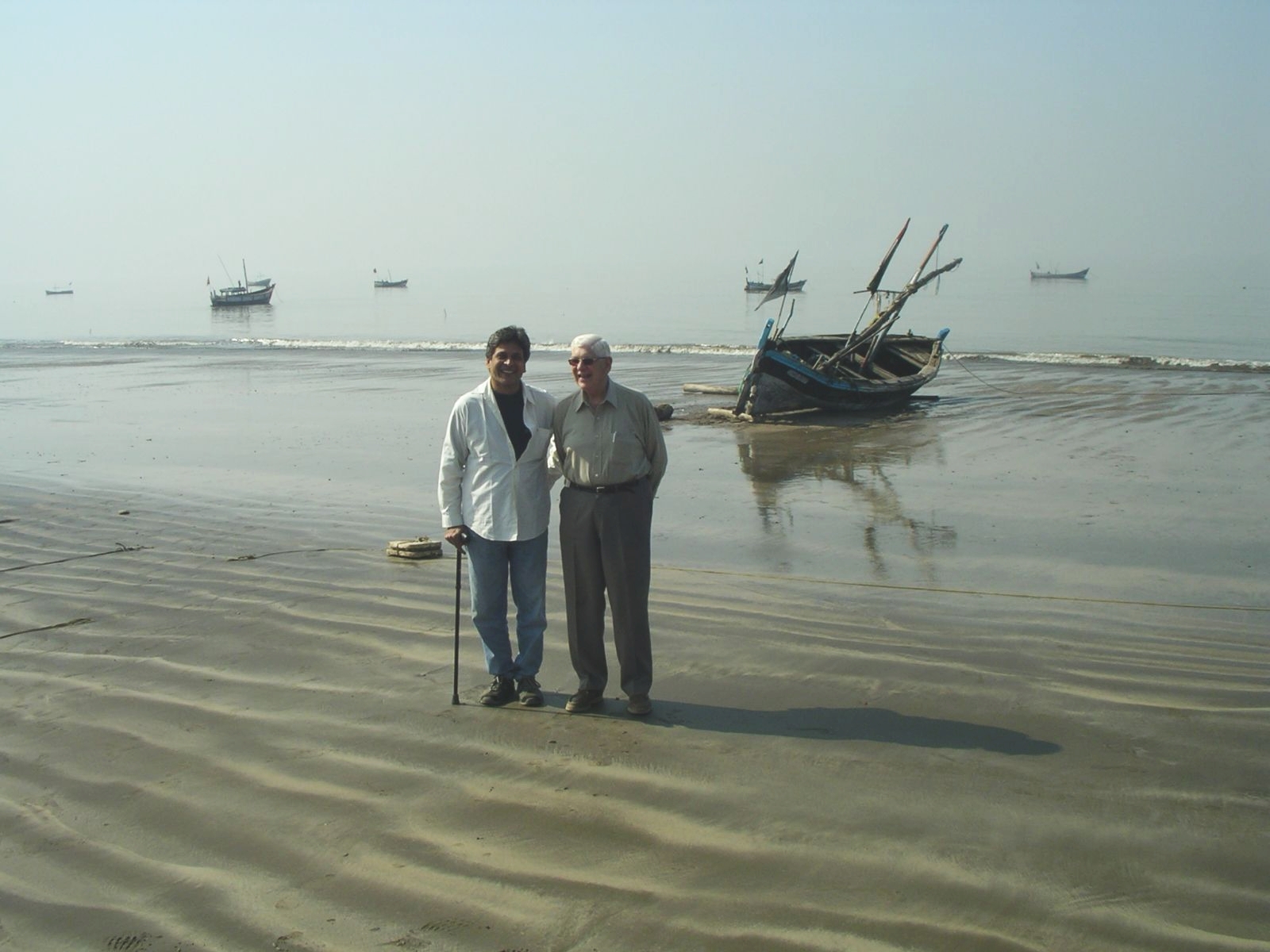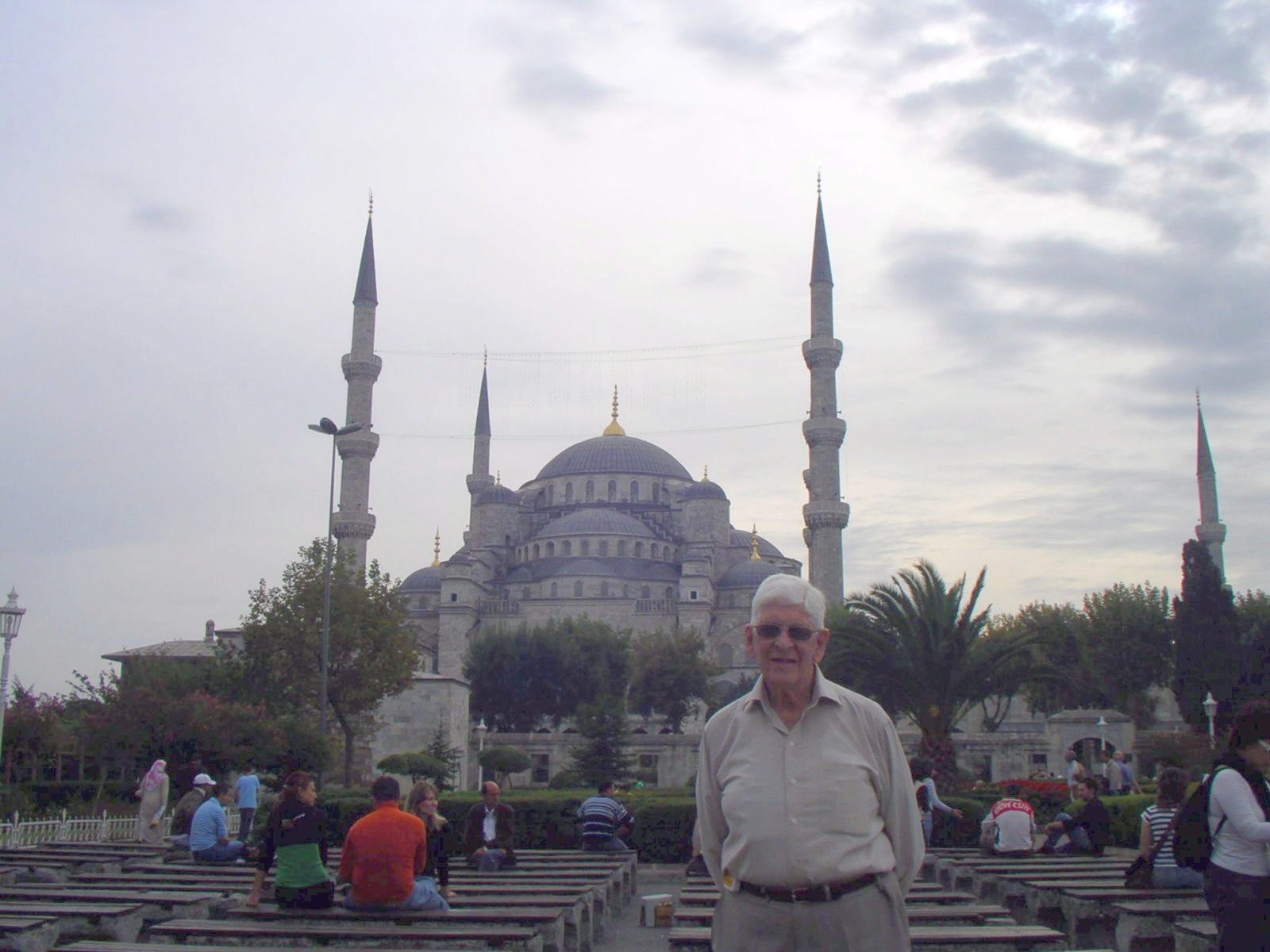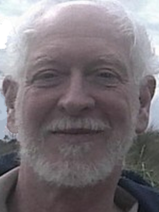
David’s background is English and Irish on one side, Scottish, Welsh, Swedish, and Greek on the other. His mother’s family: London tradesmen who became merchants on Grimsby fish docks. His father’s: wanderers who transited from the Swedish diplomatic service to the British colonial, via a spell working for the Ottoman empire.
David grew up in England in the 1950s, and ended university with an MA in “political science” – which by then even he had realised was nonsense. Turning down a PhD grant, he became a labourer, security guard, and hitch-hiker, before getting drawn, thanks to an old girlfriend, into the world of popularised encyclopaedias. This involved summarising the official Olympic rules of clay-pigeon shooting, and then becoming expert on all the gambling games of the world.
Jumped up to “editor” at £2 an hour because there wasn’t anyone else, he then had to write, for a US publisher, Man’s Body: an owner’s manual – in five months with a couple of researchers waiting to go to university, Ruth Berenbaum and Jefferson Cann. This went into 16 languages, sold over a million copies, was a US Book of the Month prime selection, and in many cultures (Catholic, Asian, Muslim, parts of rural USA) was the first time ordinary people had easy access to health and body information. He’d added a final section, “Woman’s body: a non-owner’s guide”, which he hoped did some good. Then contributed to the Woman’s Body book itself (edited by Ann Kramer), writing the chapters on gynaecology and on ageing.
With the proceeds, he bought a half-terrace of three houses for £2000, in a village in the Forest of Dean. The empty one should have taken six months to do up. Him it took four years, so he became village postman. Eventually escaping to Ireland, he ran backpackers’ hostels, then got taken on as a sailboat-delivery cook/crewman. They only realised after they’d left Ireland that they might have asked more carefully about both his sailing and his cooking skills.
Earlier, the hitch-hiking had taken him through Iraq just after the Ba’ath party had come to power (including resting up for a few days in the family home of one of their government ministers), and twice to Morocco – where he stayed for a while on a kif farm in the Rif mountains (the first European they’d ever met who had absolutely no interest in drugs), and then, without even a green belt, ended up teaching karate in a village down south. The sailing led to a couple of Atlantic crossings, an enforced dismasted stay in the Azores, travels in the Caribbean and USA, and a spell of owning his own boat in the Canary Islands – a wooden-hulled Hungarian-built bilge keeler with a Welsh name.
Back in the UK he did a bit more editing, then returned to Norwich to keep his father company after his mother died. Couldn’t take him travelling at first, the authorities wouldn’t give his father a new passport, they’d decided he wasn’t British any more. But eventually the two of them got away, to Tunisia, Morocco, India, Egypt, eastern Europe, in the last years of his father’s life.
David now mostly splits his time between Great Yarmouth and Vietnam, sits in cafés scribbling or cheap hotel rooms on his computer, and is one of just four surviving male members of the senior branch of the von Heidenstam family, with his own entry in the Svensk Adelskalender. His poetry has been published in journals and anthologies in the UK, USA, India, and Sweden, and his microfictions in Tales for my dog.
* * *
Travels with my father…
In memory of Felix Heidenstam, 1918-2011






